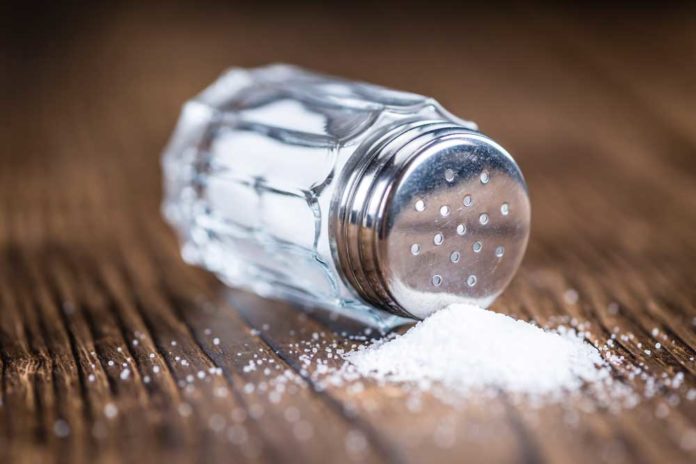The Sodium Debate – Does it Really Increase Blood Pressure?
As it turns out, according to the Centers for Disease Control, or the CDC, only about 5% of the sodium in our diets comes from table salt—or the salt that we sprinkle from the shaker over our foods. And only 12% of the sodium in our diet is present naturally in foods. So where are we getting all that sodium from? More than 75% of the sodium in the American diet is sourced from restaurant, prepackaged, and processed foods that contain additives and preservatives.
Excess sodium intake does have a negative effect on blood pressure in individuals who are salt-sensitive, which is a condition that affects approximately 50% of the elderly African American population. But in individuals who are not salt-sensitive, sodium intake does not seem to be related to increased blood pressure, according to the Cochrane Collaboration Study.
Current Sodium Intakes in the United States, According to the CDC.
| Current Salt Intake (mg/day) | Recommendation (mg/day) | |
| Average American Adult | 3,700 | Less than 2,300 |
| Salt Sensitive, High Blood Pressure, Over age 50, or Diabetes | More than 1,500 | 1,500 |
| Heart Failure Patients | 560 – 3,000 | Less than 2,000 |
When it comes to blood pressure, you can’t forget about the power of potassium. Potassium-rich fruits, vegetables, and dairy products have been shown capable of reducing blood pressure in adults who begin consuming more of these foods on a daily basis. Losing weight, exercising, and reducing stress can also help lower blood pressure when it is too high.
While too much sodium can have a negative result on blood pressure, too little sodium can pose huge threats to our health as well. Individuals who have been diagnosed with heart failure are sometimes prescribed a very low sodium diet, which could be detrimental to their health. Restricting sodium too much can render your heart incapable of muscle contraction, because of hyponatremia, or low blood sodium levels.
Sodium helps direct fluid into and out of cells, along with potassium. Electrolyte balance is a very highly hormonally regulated and fluid balance is a tightly controlled mechanism in the body. Water follows electrolytes. By controlling where electrolytes like sodium and potassium are present, your body can regulate where and how much fluid is found in tissues, the blood stream, and how much fluid is excreted or reabsorbed by the kidneys.
In summary, it is likely that the only individuals who need to reduce sodium intakes below the recommended guideline of 2,300mg/day to help reduce blood pressure are individuals who are salt-sensitive.
For the rest of us who are experiencing high blood pressure – there are many actions we can take to lower it. Losing weight is one of them, practicing stress-relieving techniques, getting good sleep, and increasing the number of fruits, vegetables, and dairy products that we choose each and every day are a few more things we can do each day to reduce our blood pressure.
High blood pressure is known as ‘the silent killer’ because it can cause stroke and heart attack without any warning signs. The primary cause of hypertension – or high blood pressure – is currently unknown. But we do know ways to combat hypertension, and these healthy behaviors can help decrease our risk of cancer and other chronic diseases.
References:
Adler AJ, Taylor F, Martin N, Gottlieb S, Taylor RS, Ebrahim S. Reduced dietary salt for the prevention of cardiovascular disease. Cochrane Database of Systematic Reviews 2014, Issue 12. Art. No.: CD009217. DOI: 10.1002/14651858.CD009217.pub3.






